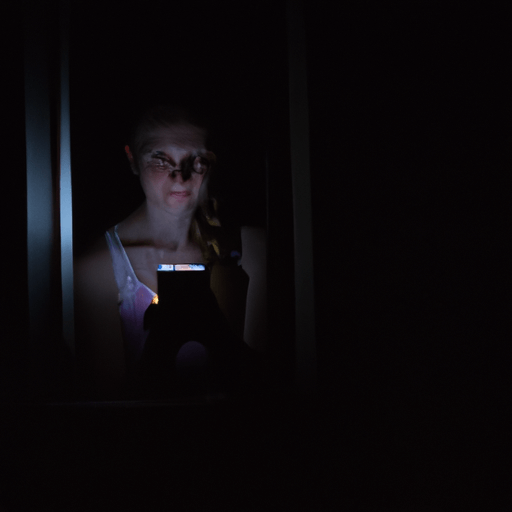Exploring the Potential Impact of Social Media on Mental Health
There is no doubt that social media has become a major part of our lives, with platforms like Facebook, Twitter, Instagram, and Snapchat being used by millions of people around the world. But is there a potential downside to these platforms? Could social media be having a negative effect on our mental health? The answer is yes, and in this article we will explore some of the potential positive and negative effects of social media use on mental health.
The Negative Impact of Social Media on Mental Health
Research suggests that heavy social media use can have a variety of negative effects on mental health, including feelings of depression, anxiety, and loneliness. Studies have linked social media use to decreased self-esteem, as well as an increase in cyberbullying and other forms of online harassment. Other studies have found a correlation between social media use and negative body image, as users are exposed to a vast array of carefully curated images that can lead to feelings of inadequacy.
The Positive Impact of Social Media on Mental Health
While there are many potential negative effects of social media use on mental health, there are also potential benefits. Social media can provide a sense of connection and belonging, allowing users to form relationships with others in different geographic locations. It can also be a source of support, providing a space for individuals to share their struggles and receive comfort and advice from others. Additionally, social media can provide access to information and resources that can help individuals manage their mental health more effectively.
Scientific Evidence Supporting the Impact of Social Media on Mental Health
Although the research is still in its early stages, there is growing evidence to suggest a link between social media use and mental health. A systematic review of existing studies found that social media use was associated with increased risk of depression, anxiety, and loneliness. Additionally, a study conducted in the United Kingdom found that individuals who spend more than two hours per day on social media platforms were twice as likely to report poor mental health than those who spent less than two hours per day.
Individuals Taking Steps to Improve Mental Health While Using Social Media
Although there is potential for social media to have a negative impact on mental health, individuals can take steps to ensure that their use of these platforms is beneficial. Limiting the amount of time spent on social media each day, being mindful of the type of content being consumed, and avoiding or limiting interactions with people who cause feelings of negativity are all strategies that can help individuals maintain a positive mental health while using social media.
In conclusion, there is scientific evidence to support the argument that social media can have both positive and negative impacts on mental health. While it is important to be aware of the potential downsides of heavy social media use, individuals can take steps to ensure that their use of these platforms is beneficial for their mental health and wellbeing.

















Comments
Leave a Comment